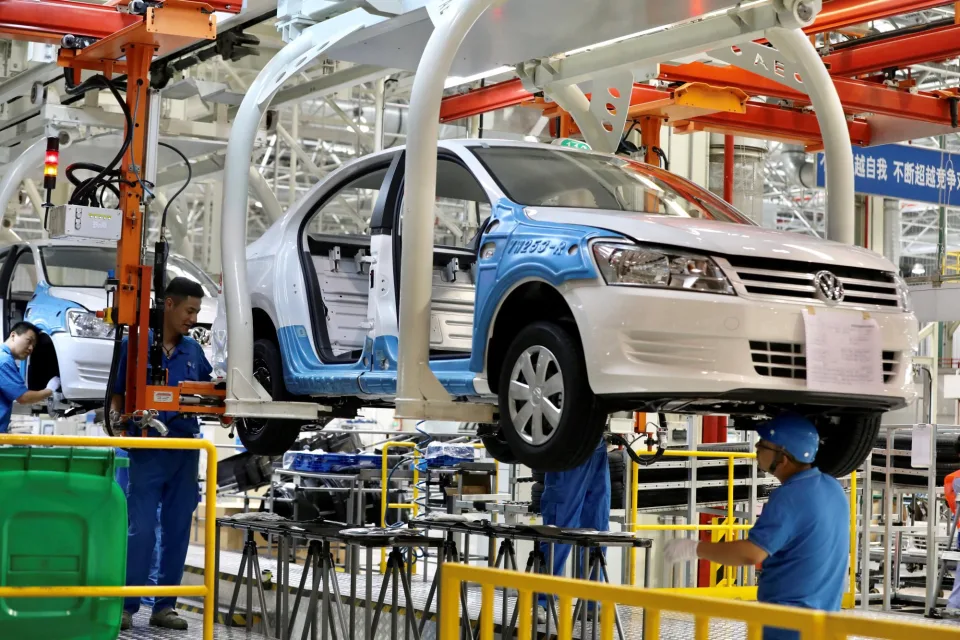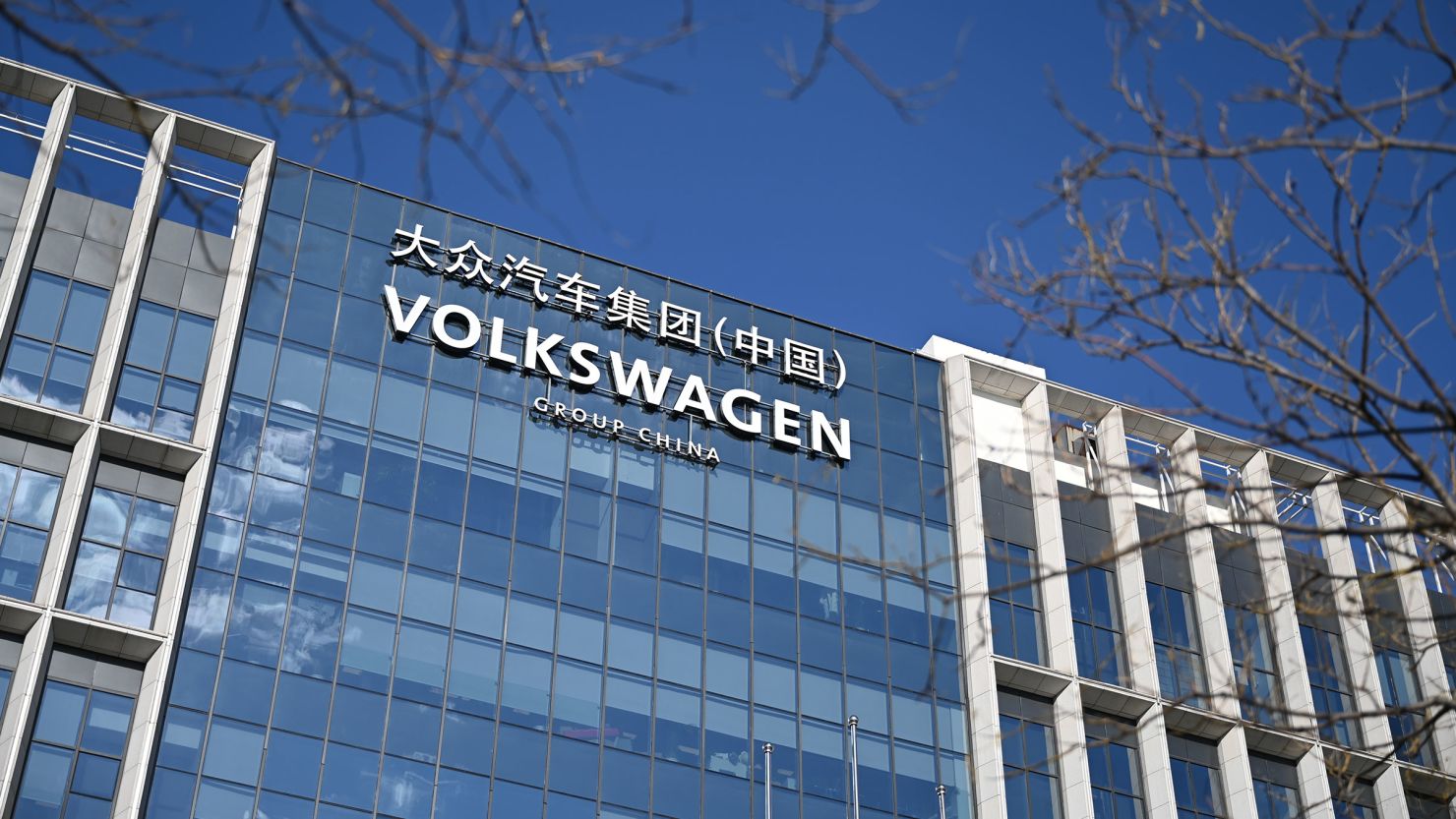Volkswagen has announced the sale of its car manufacturing plant in Xinjiang, a region in northwestern China, citing “economic reasons” as the primary motivation. A company spokesperson emphasized that the plant, which had been producing combustion engine vehicles until 2019, had since transformed into a distribution center for models manufactured at other locations. The decision was framed as a response to declining demand for combustion engine vehicles and the increasing competition from electric vehicle (EV) manufacturers.
Rising Electric Vehicle Competition Pushes Volkswagen to Accelerate Production Transformation
The spokesperson pointed out that the pressure from rival automakers, particularly those producing electric vehicles, was a significant factor in Volkswagen’s decision. The growing demand for electric cars, both globally and in China, has prompted Volkswagen to accelerate its transition to electric mobility. As EV sales rise, especially in China where they could account for 45% of all car sales this year, the need to optimize production capacity and focus on future growth has become critical for the German automaker.

The sale of the plant follows years of scrutiny and accusations from human rights groups and the US government regarding the treatment of Uyghur Muslims in Xinjiang. Allegations of forced labor, mass detentions, and other human rights abuses in the region have led to criticism of companies like Volkswagen, which operated a facility in the area. Despite these accusations, Volkswagen has maintained that no evidence of forced labor was found at the plant during executive visits and audits. The company stated that no violations were discovered during a 2023 visit and that an audit conducted in 2022 did not indicate any forced labor issues, although the audit was criticized for not meeting international standards.
China Denies Human Rights Violations, Calls Allegations Politically Motivated
The Chinese government has consistently denied the accusations of human rights violations in Xinjiang, referring to claims as politically motivated and spreading false information. Chinese officials have also argued that vocational training centers, which have been widely criticized as internment camps, were closed by 2019. However, the United Nations has published reports claiming that China’s actions in Xinjiang could constitute “crimes against humanity,” and the region continues to be the subject of international debate and scrutiny.
Volkswagen’s decision to divest its Xinjiang plant comes at a time of increasing competition in the global and Chinese markets. The automaker has been facing challenges from local Chinese EV manufacturers, which have rapidly increased their production and market share in China, the world’s largest car market. At the same time, Volkswagen has encountered difficulties in its home market of Germany, where it has announced plans to close several factories and lay off tens of thousands of employees, marking a significant shift for the company as it navigates a rapidly evolving automotive industry.

